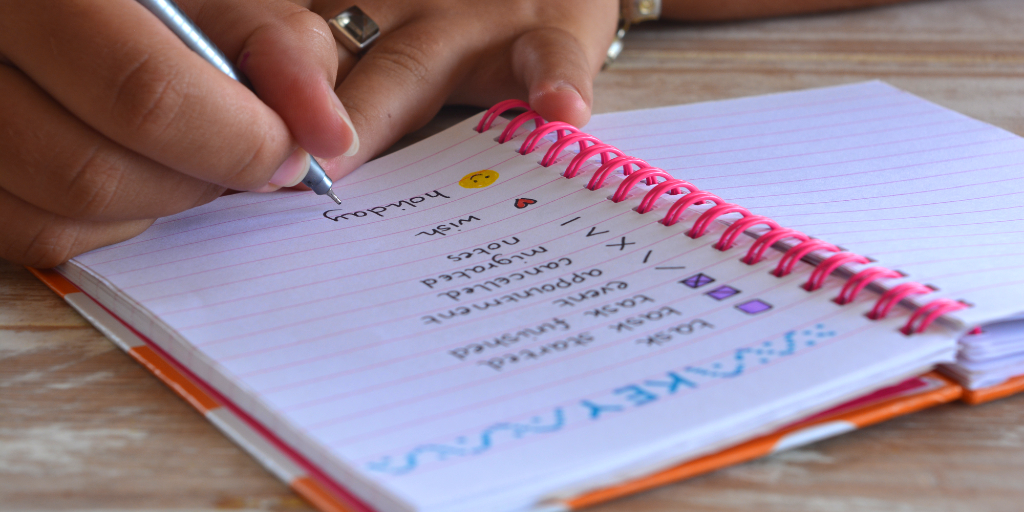Lesson #539
Click each section for transcripts, audio, and exercises
Plan ahead

Quick Links
- Practice using the expression
- Lesson quiz: Test yourself
- Dig deeper: More about this topic
- Your turn: Comment on this story
Click each section for transcripts, audio, and exercises
